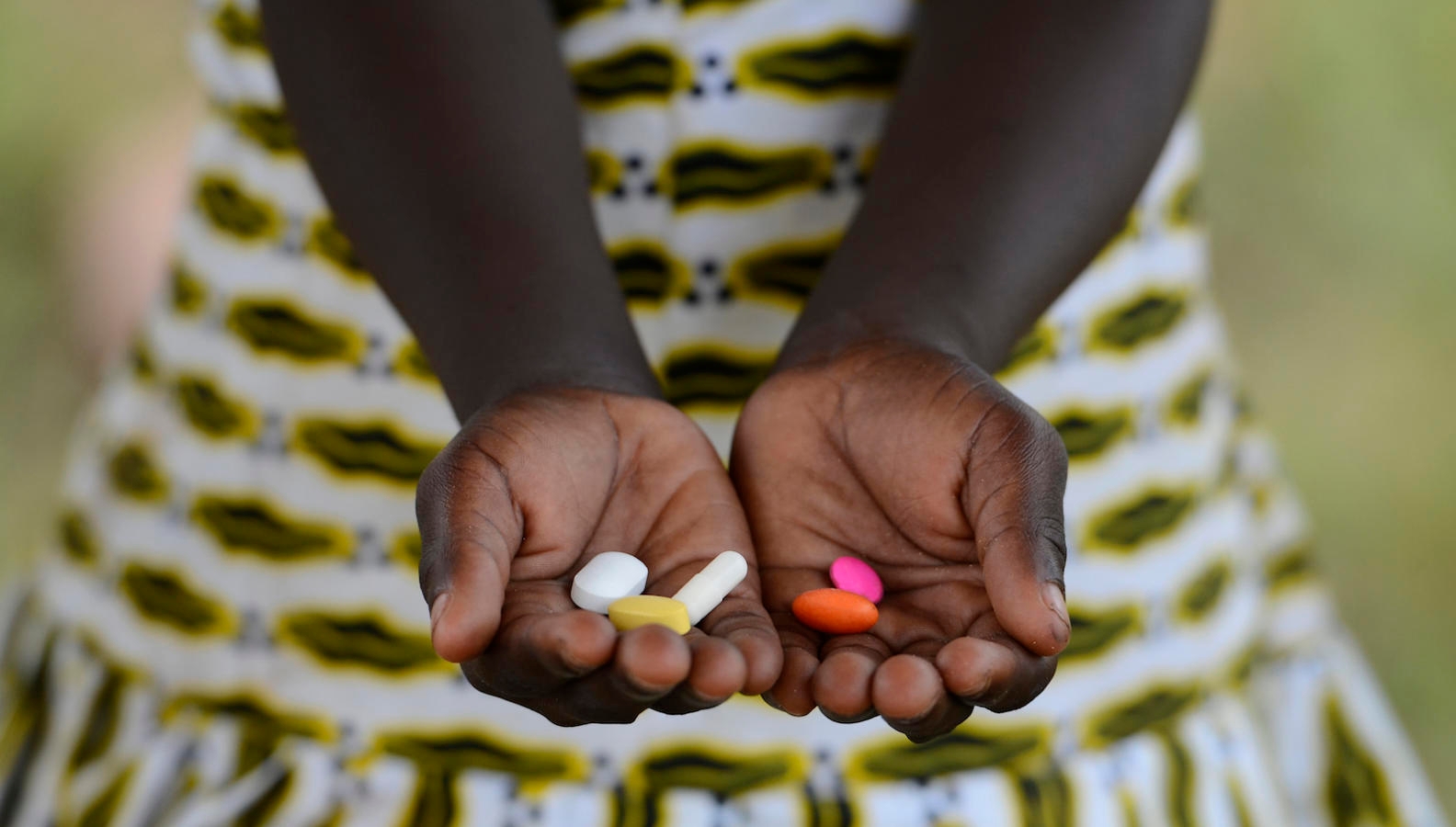Commentary on Parashat Vayetzei, Genesis 28:10-32:3
Jacob dreamed of a ladder filled with clambering angels. For 2,000 years, Jewish commentators have examined every detail of this dream and found within it a series of multi-faceted metaphors for the grand narrative of history. But it is the moment when Jacob wakes to an ordinary day in a bleak desert that I find most significant.
“Aha,” Jacob says in this week’s portion as he opens his eyes and sees a barren patch of rocks. “The Eternal One is in this place and I did not know it.”(Genesis 28:16) What is he seeing now that he missed before?
The wilderness where Jacob lay dreaming has always been filled with the presence of God — the power and the potential for change that exists in every place. Yet ironically, Jacob only wakes up (in the fullest sense of the word) in his sleep! Jacob’s dream startles him into awareness and he is able to see the potential of his surroundings.
Terror Upon Waking
Jacob responds to this new awareness with fear. In the next verse we read, “He was afraid and he said, How terrible is this place. This is no other than the House of God and the Gate of Heaven.” (Genesis 28:17) It might seem strange to respond to the Divine presence with terror, but I understand what it feels like to be scared of waking. It is always easier to stay silent and asleep. And yet nothing could be more dangerous.

Help us keep Jewish knowledge accessible to millions of people around the world.
Your donation to My Jewish Learning fuels endless journeys of Jewish discovery. With your help, My Jewish Learning can continue to provide nonstop opportunities for learning, connection and growth.
I learned this lesson at an early age. On a cloudless day in January 1990, I was 15 years old and standing outside Toronto City Hall in a crowd carrying giant pink triangles and chanting, “Silence equals death. Action equals life.” It was the height of the AIDS epidemic in Toronto and the message was simple. In that very moment we had the power to save lives — if we were willing to see what was happening and to recognize our capacity to make change. If we had failed to wake up, our family, our neighbors, and our friends would continue to die at alarming rates.
We did wake up…at least a little. AIDS deaths did not stop, but therapies and medications were developed that vastly improved the quality and length of life of many living with HIV and AIDS in North America. I recently saw a friend of mine who learned in 1993 that he was HIV-positive. “I turned 52 last month and I can’t believe I’m still alive,” he told me. “I never expected to know what 50, or even 40, looks like or feels like.”
It was largely due to tireless activism in the Lesbian, Gay, Bisexual, and Transgender community that countless people who are HIV-positive or living with AIDS are able to know what middle age “feels like.” And yet we have gone right back to sleep.
A Worldwide Pandemic
AIDS deaths continue to mount in the poorest parts of the U.S. and around the world. Millions of people worldwide are infected with HIV, including 530,000 children under the age of 15. In sub-Saharan Africa, less than one quarter of the more than 4.3 million people currently in need of antiretroviral therapies actually receive them. Over 3 percent of children in the region have lost one or both parents to AIDS. Due to the spread of HIV and the inaccessibility of effective treatments, millions of people will not have the opportunity that my friend had to know what middle age, or even the end of childhood, feels like.
Why are we still not standing outside our city halls shouting “Silence equals death?”
Like Jacob, we need to wake up. We need to acknowledge the current state of the global AIDS crisis and recognize the holiness and potential for change that is “in this place.” Those of us who were involved in local organizing efforts around HIV/AIDS issues in the 1990s opted to go back to sleep too soon.
The awareness of the presence of God to which Jacob wakes in this week’s Torah portion is what spurs him to continue on his journey. His sojourn eventually leads God to change his name from Jacob, the heel-grabber, to Israel, the God-wrestler. As the people of Israel, may we live up to this name and transform ourselves from silent observers of the AIDS pandemic to those who continue to wrestle with God and humanity for action and for life.
Provided by American Jewish World Service, pursuing global justice through grassroots change.



